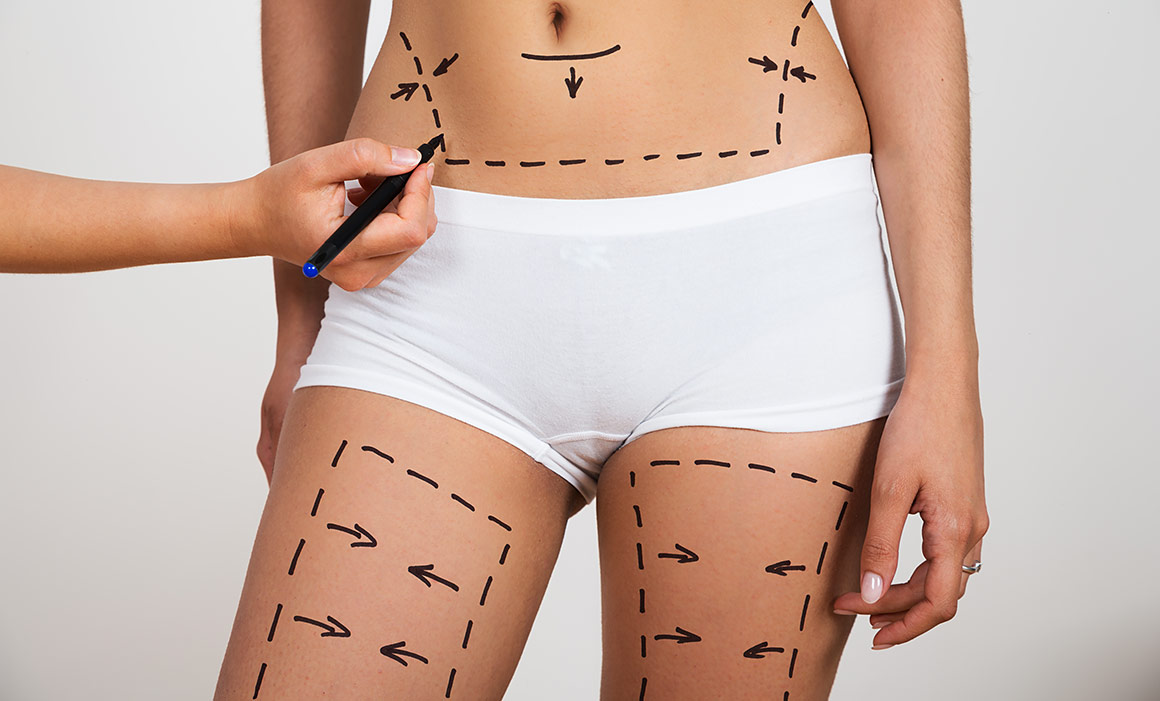OVERVIEW
The global cosmetic surgery market was $44.55 billion USD in 2020. The market is projected to grow from $46.02 billion USD in 2021 to $58.78 billion USD in 2028. Because this area of healthcare has grown so significantly over the past several years, far more clinicians are needed to treat this population. As recently as the late 2000s, post-operative recovery in cosmetic plastic surgery was a non-existent entity. Then in 2009 a New York City Physical Therapist specializing in post-op recovery from reconstructive plastic surgery brought her skills and expertise to cosmetic plastic surgery. Nicole Psomas developed a method and protocol for post-operative recovery, pioneering a niche in the industry. In 2019 she published the "The Psomas Method" in a 367-page comprehensive book titled After The Cut: How To Prepare For and Recover From Cosmetic Plastic Surgery. Nicole has now partnered with the Norton School to launch a course to teach preparation and recovery from cosmetic plastic surgery to clinicians throughout the United States.
The Cosmetic Surgery Therapy Certification Course will train clinicians in preparation and recovery from the majority of cosmetic surgery procedures of the face including face-lifts, neck-lifts, blepharoplasty (eyelid surgery), brow and forehead lifts, and rhinoplasty (nose job). It will also include the body procedures of abdominoplasty (tummy tuck), body lift, breast augmentation, breast lift, breast reduction, buttock implants, buttock lift, calf augmentation, liposuction, pectoral implants, thigh lift, and upper arm lift. These procedures commonly result in post-operative complications such as pain, edema, bruising, loss of range of motion, impaired mobility and ADLs, scar tissue and incision scarring, effects on the psyche, and time off from work. Additionally, healing does not always progress as expected which can lead to additional post-operative complications such as infection, poor wound healing, and hematoma.
This 6-day course will provide the academic foundation and practical application demonstration for the therapist to successfully implement basic techniques to prepare the patient for cosmetic surgery and facilitate post-operative healing. Students will learn to help reduce the pain, edema, seromas, fibrosis, bruising, decreased range of motion, impaired ADLs/ mobility, and scarring that occurs after cosmetic surgery procedures of the face and body. They will also learn to identify and address the psychological issues commonly associated with cosmetic surgery such as pre- and post-surgery anxiety, post-op depression/blues, body dysmorphia, and plastic surgery addiction.
CLASS TOPICS
- the basic lymphatic system
- evaluation and identification of post-op complications
- Manual Lymph drainage (MLD) of the face and body
- compression bandages and garments
- ecchymosis (bruising) and edema management with modalities, supplements, and diet
- scar management
- pain management and relaxation training
- marketing and fees for services
COURSE OBJECTIVES
- Explain the basic anatomy and physiology of the face and body lymphatic and venous systems and identify the relevant structures involved in lymphatic drainage.
- Identify cosmetic surgery procedures of the face, neck, and body, their treatments and side effects, and their aesthetic and functional impacts.
- Identify post-operative complications (e.g., poor healing) and when to refer back to the surgeon.
- Address pain and provide interventions for pain management.
- Address pre- and post-op anxiety and stress and techniques to reduce them.
- Identify post-operative depression or body dysmorphia and when to refer to a physician.
- Demonstrate basic proficiency in assessment and development of a treatment plan for a patient post cosmetic plastic surgery.
- Demonstrate proficiency in assisting the patient to increase mobility and ADLs.
- Identify and treat reasons patients have impaired range of motion.
- List the various causes of edema in the face and body post cosmetic surgery and their appropriate treatments.
- Demonstrate proficiency in basic techniques to reduce edema of the face and body to accelerate healing post cosmetic surgery and maximize aesthetic results. These include:
- Manual Lymph Drainage (MLD) techniques for the face and body
- compression garment assessment and implementation for the face and body
- modalities such as ice, herbal supplements, and positioning to reduce swelling and bruising
- Demonstrate proficiency in basic techniques to reduce scarring of the face and body as well as reduce fibrosis to accelerate healing post cosmetic surgery and prevent the effects that come with scar development. These include:
- scar massage for the face and body
- use of addendum products that address scar management
INSTRUCTOR
Before introducing The Psomas Method, Nicole Psomas spent 17 years at NewYork-Presbyterian Weill Cornell Medical Center as a Physical Therapy Clinical Specialist working with trauma and reconstructive plastic surgery patients. She has helped patients in many areas including post-surgical recovery, reconstructive plastic surgery, bariatric surgery, neurosurgery, neurology, traumatic brain injury, spinal cord injury, the cardiopulmonary system, general medicine, hemophilia, oncology, orthopedics, psychiatry, pediatrics, transplant surgery, urology, the vascular system, women’s health, the inpatient rehab unit, and intensive care units.
Nicole is a Certified Lymphedema Therapist trained by the Norton School and is a member of the National Lymphedema Network (NLN). In 2019 she published the book After the Cut: How to Prepare for and Recovery from Cosmetic Plastic Surgery, a how-to guide teaching the Psomas Method. The Norton School is proud to partner with Nicole in bringing this unique course to its extensive base of CLT graduates and other interested clinicians.
PROFESSIONAL PREREQUISITE
The following professionals are eligible for training: PTs, PTAs, OTs, COTAs, SLPs, RNs, LPNs/LVNs, NPs, MDs, PAs, DOs, MTs, and CLTs. Registrants must provide proof of current, active state licensure.
CERTIFICATION & CONTINUING EDUCATION UNITS (CEUs)
Upon completion of the course and successful passing of the written and practical final exams, participants will receive a certificate of completion confirming their status as a Certified Cosmetic Surgery Therapist (CCST). CEUs are available for Physical Therapists through the Florida Physical Therapy Association (FPTA).
AOTA Approved Provider CE; AOTA Approved Provider of continuing education. This Distance Learning and Live blended format activity is offered at 13.5 CEUs, educational level introductory & intermediate, categories 1 & 3. The assignment of AOTA CEUs does not imply endorsement of specific course content, products, or clinical procedures by AOTA or indicate AOTA approval of a certification or other professional recognition, and for Massage Therapists through the NCBTMB. For questions about receiving CEUs please call us toll-free at (866) 808-2249.
SPECIAL NEEDS REQUESTS
This continuing education activity is fully accessible to special needs students and addresses the needs of individuals with physical impairments, sensory impairments (e.g., hearing, speech, vision), and emotional and learning disabilities. The provider ensures an instructional environment that enhances the learning process. Resource or reference materials and instructional aids and equipment are current, appropriate for the learning activity, and support the intended learning outcomes. The provider attempts to create a fully accessible educational environment from which all learners can benefit, and provides an opportunity for learners to identify special needs in advance of the activity.
CLASS TIMES
A total of 48 hours of instruction is provided in the Cosmetic Surgery Therapy Certification Course. Class hours are Monday through Saturday 8:00am-5:00pm.
TUITION
Tuition for the Cosmetic Surgery Therapy Certification Course is $3,500. A deposit of $900 is required at the time of registration and will reserve a seat in the course until the remaining balance is received no later than two weeks prior to the first day of the course.


